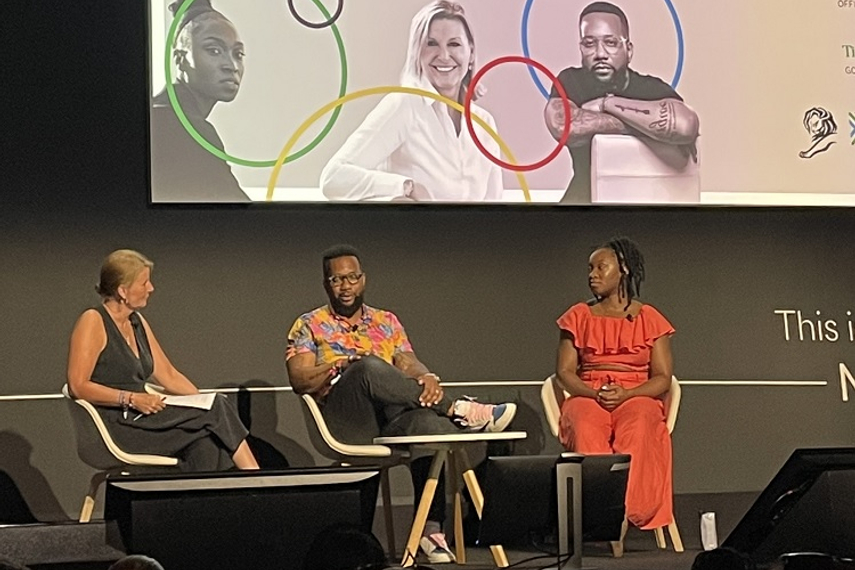
Please sign in or register
Existing users sign in here
Having trouble signing in?
Contact Customer Support at
[email protected]
or call+852 3175 1913
Tianna Bartoletta. a three-time Olympic Gold winner, was in conversation with VMLY&R Health’s Walter Geer and Claire Gillis.

Contact Customer Support at
[email protected]
or call+852 3175 1913
Top news, insights and analysis every weekday
Sign up for Campaign Bulletins
Art Garfunkel discusses his experience living with psoriasis as part of Sun Pharma’s I LUV YA for The Long Haul campaign.
Marketers have long attempted to distill generational behaviors into easy stereotypes, but Gen Z resists these tidy boxes.
The tech major’s new AI-led regime is pushing ad vetting upstream, giving agencies cleaner inventory but demanding sharper compliance and smarter creative.
‘Little joys’ and the continued impact of Asia across Western culture cannot be ignored.